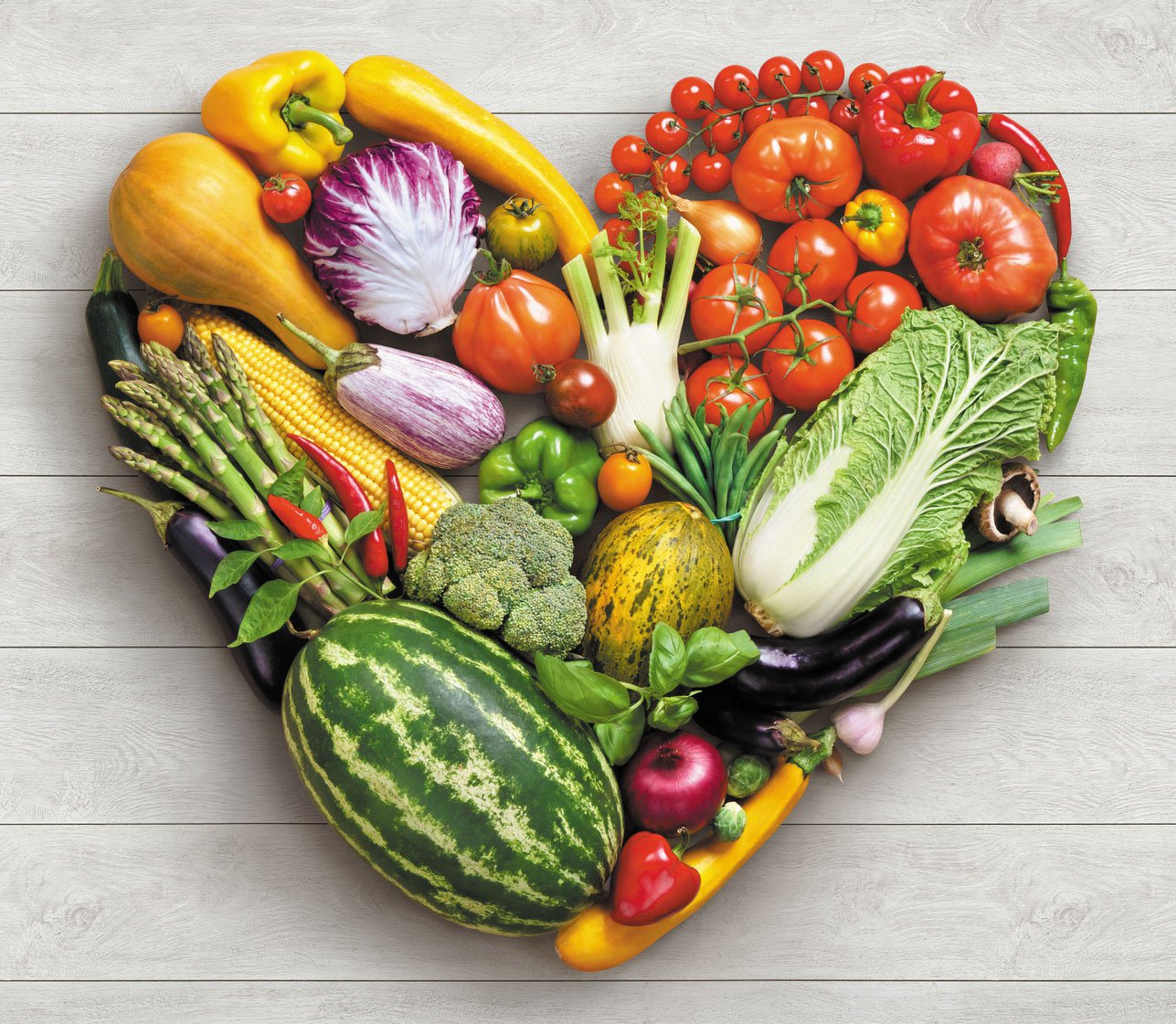Diet for people with heart disease
Article written by Dr. Phan Nguyen Thanh Binh - Department of Pediatrics - Neonatology, Vinmec Central Park International General Hospital
Control of risk factors (high blood pressure, dyslipidemia, diabetes, smoking, sedentary,...) and diet moderation are important principles in prevention and treatment treatment of cardiovascular diseases.
1. Body weight control
Obesity or central obesity both increase the risk for cardiovascular diseases.
Patients need a balanced and reasonable diet to achieve and maintain ideal weight (BMI 21-22). Obese people need to be restricted in nutrition, cut 500-1000kcal/day, and coordinate with appropriate exercise to lose weight safely.
2. Diet
Fat
Fat should account for 15-20% of total energy in the day, in which the amount of saturated fatty acids (found in fat, butter, fast food, industrial food,...) does not exceed 10% of the total. energy, cholesterol < 300mg/day. Use vegetable oils (olive oil, soybean oil, sunflower seed oil, rapeseed oil, ...) instead of animal fat. Choose foods high in protein and low in fat: lean meat, fat, poultry, fish, especially deep-sea fish rich in heart-healthy Omega 3s, fat-free or low-fat dairy, beans and peas. legumes,...
Protein
Should combine protein of animal origin and vegetable origin to well control dietary cholesterol.
Carbohydrates
Carbohydrates should account for 55-60% of the total energy of the day.
Should choose whole grains that are not rubbed thoroughly such as brown rice, sprouted rice, barley, brown bread, rye bread, ... contain a lot of fiber, vitamins and minerals to help regulate blood pressure and heart circuit.
Fiber
Fiber needs 20-25g fiber / day, from 400-500 grams of vegetables and 100-200 grams of fruit per day. Fiber helps reduce cholesterol absorption from the intestines into the blood, in addition, slows the absorption of sugar after meals, preventing constipation.

Người mắc bệnh lý về tim mạch nên tăng cường chất xơ
Vitamins and minerals
Nuts, whole grains contain a lot of fiber, vitamins (B1, B2, B3), minerals (magnesium, phosphorus, selenium, zinc, iron) to help regulate blood pressure and heart disease.
Vegetables and fruits are rich in vitamins A, C, beta-carotene and flavonoids, which act as antioxidants and may reduce the risk of inflammation and prevent cardiovascular disease.
Salt
The amount of salt should not exceed 5g/day.
Limit salty foods.
Reduce salt, seasoning, fish sauce, soy sauce.
Limit foods that contain a lot of salt such as fish sauce, dried fish, spring rolls, soy sauce, sauerkraut, sauerkraut, sauerkraut, canned foods, instant noodles, etc.
Do not dip salt when eating fruit. Do not use dipping sauce with meals.
3. Lifestyle changes
Increase movement and practice sports suitable for age and health status. Should exercise 20-30 minutes/time, 3-5 times/week, types of light exercise suitable for cardiovascular disease such as walking, cycling, swimming, physical exercise, housework, care bonsai,... Reduce anxiety and stress Do not drink alcohol Do not smoke.
Để đặt lịch khám tại viện, Quý khách vui lòng bấm số HOTLINE hoặc đặt lịch trực tiếp TẠI ĐÂY. Tải và đặt lịch khám tự động trên ứng dụng MyVinmec để quản lý, theo dõi lịch và đặt hẹn mọi lúc mọi nơi ngay trên ứng dụng.
Bài viết này được viết cho người đọc tại Sài Gòn, Hà Nội, Hồ Chí Minh, Phú Quốc, Nha Trang, Hạ Long, Hải Phòng, Đà Nẵng.




